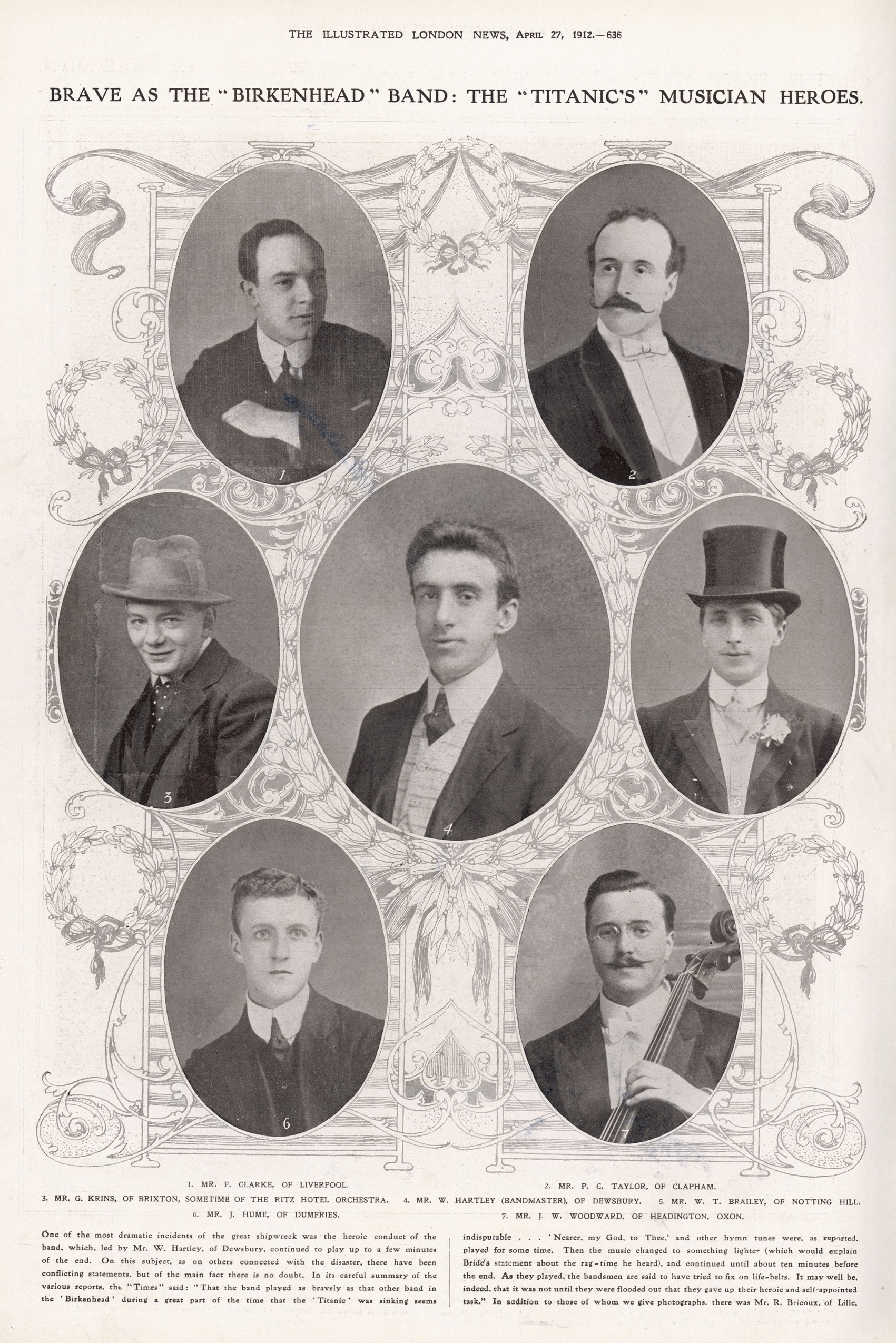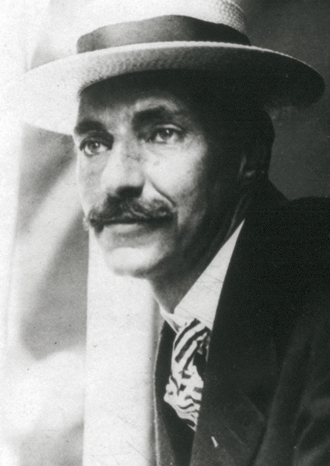Today marks a century since the catastrophic tragedy of the sinking of the ever-so-infamous "unsinkable" RMS Titanic on April 15th 1912. Henceforth, historians and marine biologists had been searching high and low for the remains of the majestic cruise ship,which was finally discovered by a Dr Ballard in 1985. This very remarkable finding became a large stepping stone to scientists and investigators all over the globe to uncover the theories and myths surrounding the tragedy : how it occurred, the phases of the sinking,historical artifacts,microbiological creatures, fate of the bodies buried at sea; there were countless questions and hypotheses to be proven.
 |
| A footage of the wreckage shown in one of the scenes in the movie Titanic (1997). |
 |
| Construction of the RMS Titanic |
 |
| The famous grand staircase in the hallway of the RMS Titanic |
Out of over 2000 passengers and crews,only 710 survived ; this casualty count was certainly a shocker to the world especially with the fact that word had been around during the time that the ship was built in such a way that it was almost impossible for her to sink.As massive and dazzling as it was, it was very clear that she lacked in safety measures : with only a number of lifeboats enough to bear not even half the number of the passengers and crews altogether.A result of 90% male casualties was actually due to the "women and children first" policy whereby these two categories of passengers were given priorities with an exceptional case of wives who refuse to leave their husbands behind and those who gave up (especially the crews and the third class passengers). There were 16 air tight columns altogether; it was mentioned that if it were to be only 4 of them filled up with sea water instead of 5 the ship would have survived the collision. According to certain claims, the ship received a warning from another nearby ship regarding the iceberg area she was approaching but unfortunately the message wasn't taken seriously considering the fact that the crews assumed the ice would have melted by then.If only they heeded the warning,the collision could have been avoided with only a difference of two minutes.The death toll could have also been the result of men being shot to death in the chaotic scene of jumping into the lifeboats.
Only slightly above 700 passengers (mostly from the first class) made it to the lifeboats,while the remaining 1000 were forced to remain on the sinking ship : some remained in their positions and went down with the ship (including the Captain Edward Smith), some died when the ship broke in half after it immersed in water, some drowned to death due to the suction effect of the sinking ship, some perished after the funnels collapsed and hit them in the water, some even died of hypothermia.It was a gruesome sight and experience that traumatised the survivors for life.The screams,the devastating shout of agony as they were forced to deny access to the lifeboats,shouting heartless things like "One more of you will sink us all!".They did eventually return to rescue the lucky ones, although there was a slim chance that most of them would have survived. A rescue ship,the Carpathia came to retrieve the victims. The exact number of passengers were uncertain, because of many factors. The ships then returned to the sinking sight to retrieve bodies ; however due to the fact that the death toll was way too high, only bodies of the first class passengers were taken back to their hometowns while others were left to be buried at sea.
Now that it's been 100 years, artifacts had been extracted from the site to be auctioned to the masses. Somehow, this had cultivated mixed reactions. In my own personal view, excavation should be ethical, meaning the purpose should be done for knowledge and discovery, not for profit. Auctioning the personal belongings obtained from the shipwreck is a tad disrespectful for those buried at sea ; it's as if we're digging a person's ancestors' grave and stealing the items they were buried with.For the past few nights I've been digging through articles upon articles about the aftermath of the tragedy for the sake of general knowledge (Yana?reading? yes I know it just doesn't mix but this is really been an interesting topic). In a scientific perspective, the Titanic remains is expected to collapse in another 50 years due to corrosion. Expeditions had also led to the findings of human remains consumed by sea critters and bacteria,leaving only inedible parts such as the rubber boots the deceased was wearing at the time of the tragedy.
 |
| The band,who sacrificed their lives to give others hope to live |
 |
| Captain Edward J Smith, who went down with his ship - died in honor. |
 |
| John Jacob Astor 1V - wealthy man who sacrificed his life for the well-being of others |
This tragedy had also been commemorated in so many ways,including movie productions like the renowned Titanic (1997) starring Leonardo di Caprio and Kate Winslet. To be honest,I didn't really take the movie seriously back when I was a child until I found out that it was based on a true story.What trenched my heart the most is of course the double standard between the high class and the commoners. Most of the time I was depressed because of all the children and adults who lost their will to live and decided to stay on the ship as it sunk. An unforgettable scene was of course that one of a baby and its mother floating,lifeless on the freezing cold surface of the water. I couldn't bear the sight of it,it was too much for my fragile heart to imagine that all those scenes were true : even the one with the crews getting orders to lock the third class passengers up in order to let the first class passengers have the privilege of getting on the lifeboats first.Where was the humanity? I was also emotional when the podre' read the prayers,knowing that the end was near. It reminded me how precious life is as it is fragile. Not to mention real life prominent heroic figures from the true story such as the Titanic Orchestra consisting 7-8 members who kept playing music for the people to give them hope as the ship was sinking,and John Jacob Astor 1V who helped people into the lifeboats.
To us, she was just a historical shipwreck we only found out about because of the movie Titanic ; to researchers she is a gemstone whilst to the survivors, the haunting memories will scar them till the day they die.It was indeed a night to remember for all eternity, one that proves even perfection has its flaws when it comes to the laws of nature,and that fate cannot be avoided.
May all the souls that perished on the night of 15th April 1912 rest in peace. May God bless them all - the children,the women,the brave men, the crews --- all of them.







